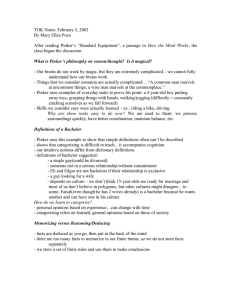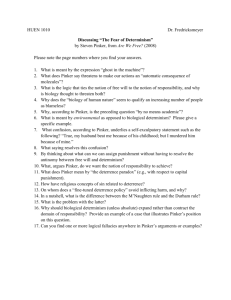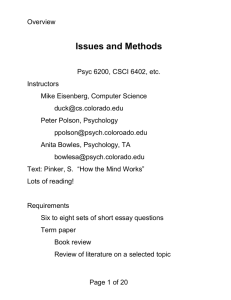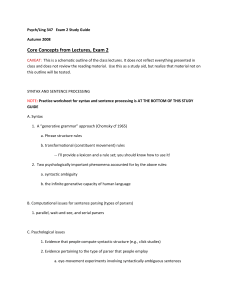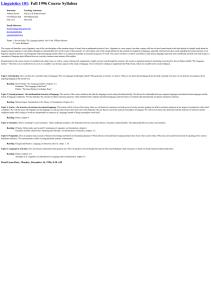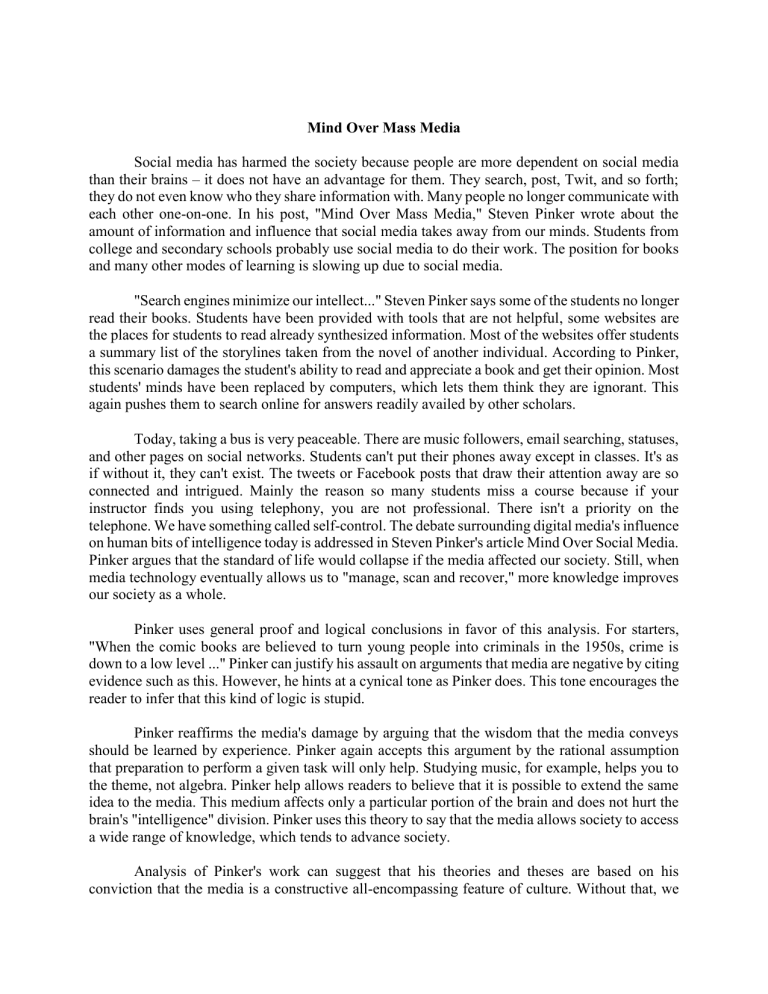
Mind Over Mass Media Social media has harmed the society because people are more dependent on social media than their brains – it does not have an advantage for them. They search, post, Twit, and so forth; they do not even know who they share information with. Many people no longer communicate with each other one-on-one. In his post, "Mind Over Mass Media," Steven Pinker wrote about the amount of information and influence that social media takes away from our minds. Students from college and secondary schools probably use social media to do their work. The position for books and many other modes of learning is slowing up due to social media. "Search engines minimize our intellect..." Steven Pinker says some of the students no longer read their books. Students have been provided with tools that are not helpful, some websites are the places for students to read already synthesized information. Most of the websites offer students a summary list of the storylines taken from the novel of another individual. According to Pinker, this scenario damages the student's ability to read and appreciate a book and get their opinion. Most students' minds have been replaced by computers, which lets them think they are ignorant. This again pushes them to search online for answers readily availed by other scholars. Today, taking a bus is very peaceable. There are music followers, email searching, statuses, and other pages on social networks. Students can't put their phones away except in classes. It's as if without it, they can't exist. The tweets or Facebook posts that draw their attention away are so connected and intrigued. Mainly the reason so many students miss a course because if your instructor finds you using telephony, you are not professional. There isn't a priority on the telephone. We have something called self-control. The debate surrounding digital media's influence on human bits of intelligence today is addressed in Steven Pinker's article Mind Over Social Media. Pinker argues that the standard of life would collapse if the media affected our society. Still, when media technology eventually allows us to "manage, scan and recover," more knowledge improves our society as a whole. Pinker uses general proof and logical conclusions in favor of this analysis. For starters, "When the comic books are believed to turn young people into criminals in the 1950s, crime is down to a low level ..." Pinker can justify his assault on arguments that media are negative by citing evidence such as this. However, he hints at a cynical tone as Pinker does. This tone encourages the reader to infer that this kind of logic is stupid. Pinker reaffirms the media's damage by arguing that the wisdom that the media conveys should be learned by experience. Pinker again accepts this argument by the rational assumption that preparation to perform a given task will only help. Studying music, for example, helps you to the theme, not algebra. Pinker help allows readers to believe that it is possible to extend the same idea to the media. This medium affects only a particular portion of the brain and does not hurt the brain's "intelligence" division. Pinker uses this theory to say that the media allows society to access a wide range of knowledge, which tends to advance society. Analysis of Pinker's work can suggest that his theories and theses are based on his conviction that the media is a constructive all-encompassing feature of culture. Without that, we can never have a deeper understanding. However, his paper may miss a detailed study of what entails the media for the good or loss of society due to Pinker's unilateral conviction.
